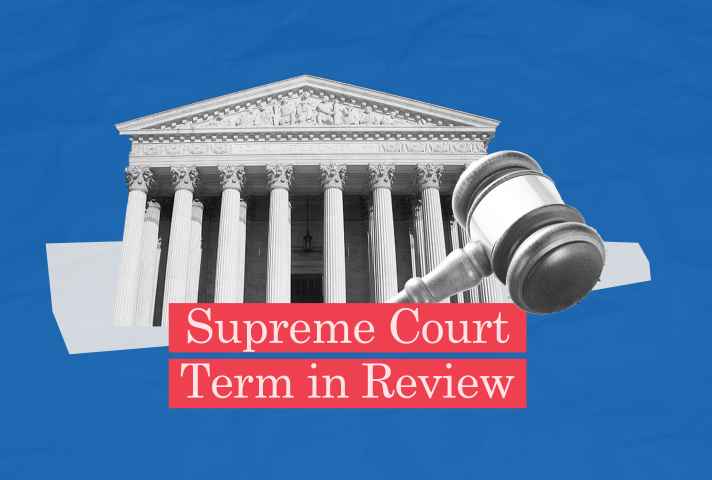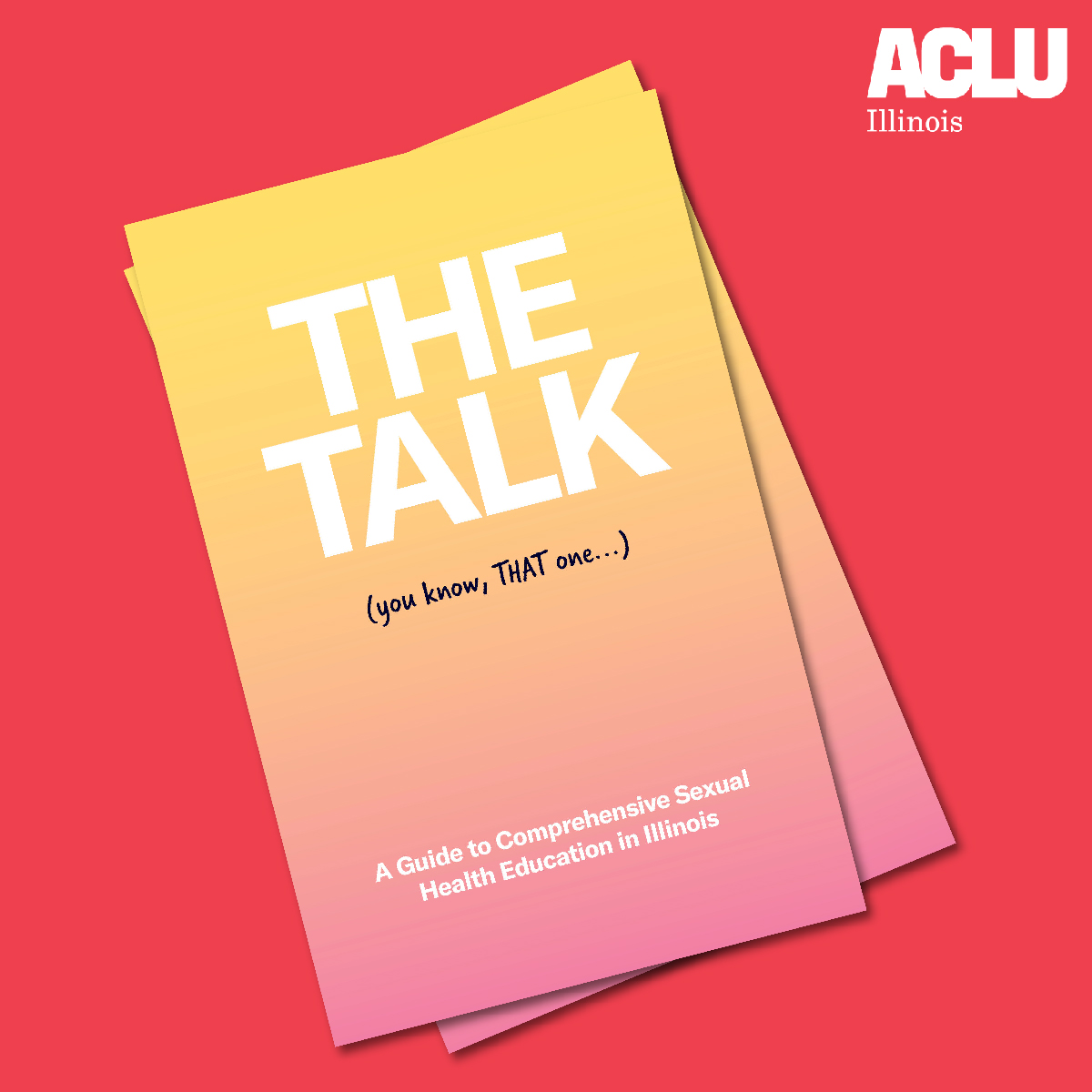By Ghirlandi Guidetti, ACLU of Illinois
& Aisha Davis, AIDS Foundation Chicago
Tania Cordova grew up in Chicago’s Little Village neighborhood after emigrating from Mexico in 1985. As a transgender woman, Tania’s memories of the early 90’s are full of traumatic encounters with Chicago police. “I used to go to ‘Chicks’ — a trans nightclub — on Broadway and Clark. The police would arrest everyone transgender anywhere near the club for solicitation.”
She was taken to the Belmont police station and searched by male officers. “It was so scary and humiliating,” Tania remembers. “The thing that is most ingrained in my mind is the names the police called us. I was young and trying to navigate my transition. It was completely demoralizing to be called a ‘he-she.’ It’s what the police would call all of us trans women and it stuck with me. I remember asking myself, is that all I am? It still affects me.”
Over the years, Tania was repeatedly harassed and endangered by police. She recalls “being put in police vans with men, the degrading names they called me, being forced to wipe-off my makeup for a mugshot and seeing my African-American girlfriends being forced to remove their wigs. All of it was humiliating. It was traumatizing.”
In 2012 – following years of complaints about Chicago police harassing and mistreating transgender, intersex, and gender-nonconforming people (including those who identify as nonbinary) – the Chicago Police Department (CPD) adopted a policy to guide its officers’ interactions with these populations. Despite the “TIGN” policy, there was no noticeable improvement in how police treated members of our communities. This has been particularly true for Black and Latina transgender women, who have continued to experience “walking while trans” as a crime in Chicago.
The Chicago police’s disrespectful and harmful treatment of transgender and gender-nonconforming people who do not fit stereotypical and cisgender-centric notions of gender expression has serious and lasting harms. It leads these communities to distrust and fear law enforcement. This is especially the case when there is little to no accountability for harm police cause to transgender and gender nonconforming people. And when police criminalize and target these communities for stops and arrests, often leading to encounters that escalate to violence, it causes these communities to fear police rather than turning to them for help – a familiar situation that confronts many oppressed and marginalized communities, including Black and Brown people, immigrants, and Muslims.
Given this reality, the CPD has a lot of work to do to stop hurting, and to rebuild trust with, transgender and gender nonconforming communities. A recent update to the CPD’s “TIGN” policy, if followed and enforced, presents a small but important step in the right direction.
The Chicago police TIGN policy update is the result of a years-long effort by community members and advocates. Please familiarize yourself with it, share it in your community, and hold CPD accountable to it.
Under the updated “TIGN” policy, you have the right to:
- Be addressed with respect by your correct name and pronouns, even if you have not been able to correct your legal ID. If an officer is dead-naming or misgendering you (i.e., calling you by a former name or referring to you with pronouns that do not match your gender), correct them and ask them to address you by the name and pronouns you use.
- Discretion and privacy about your transgender or intersex identity.
- Citations and police-documentation that reflect your lived name and gender (any different legal name or gender-marker should be recorded as an alias).
- Not be stopped, questioned, detailed, or searched by police just because of your gender expression.
- Not be questioned by police about your genitals for the purpose of determining your gender.
- Be searched respectfully by an officer of the gender of your preference.
- Keep needles and syringes used for hormone therapy, and contraceptives (and these items cannot – by themselves – be the basis for a police stop or used as evidence of a crime).
- Be present in public without fear that police will question you because of your gender presentation.
- If arrested, to be transported and booked through procedures consistent with your gender identity or safety-based preference.
- Not be dead-named or mis-gendered in any public communications.
If you or a loved-one is arrested, you can find information about the holding facility for the district of arrest here.
If you’ve experienced police harassment because of your gender identity or gender expression, you should consider printing this policy and carrying it with you. In an ideal world this would not be necessary; but we all know our society is anything but ideal. Arm yourself with the knowledge of your rights to keep you and your community safe.
If you are experiencing harassment, ask to speak with a supervisor (sometime called a “white shirt”) and the CPD’s LGBTQ community liaison: Bernard Escamilla, 312.745.5827, Bernard.Escamilla@chicagopolice.org.
Transgender and gender nonconforming people deserve to live in safety and with respect for their dignity and rights in Chicago and throughout our state and country. As we continue to fight for this reality alongside impacted communities, we hope you will join us in holding Chicago police accountable to respecting the hard-fought protections of the “TIGN” policy.



